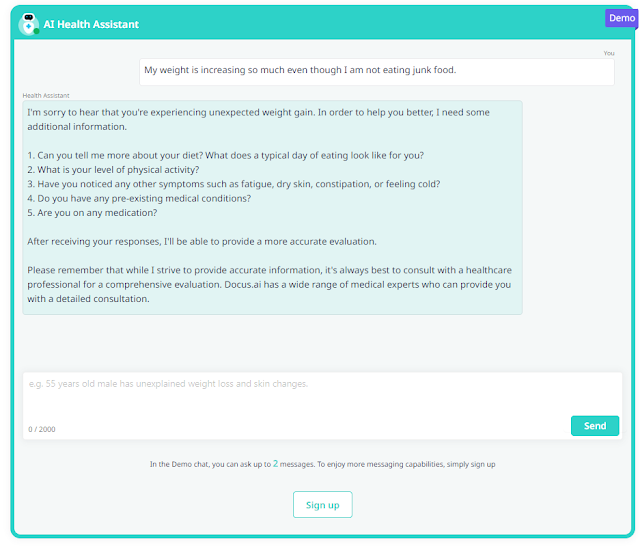The Fall of Pear Therapeutics: A Wake-Up Call for Digital Health's Reimbursement Challenges
Highlights
- Pear Therapeutics, a pioneer of digital therapeutics, filed for Chapter 11 bankruptcy on April 7, 2023.
- The company struggled to get insurers to pay for its FDA-cleared prescription apps, which provide cognitive behavioral therapy for substance use disorder, opioid use disorder, and insomnia.
- Despite claiming clinical efficacy and cost-effectiveness, only about half of the prescriptions written for Pear's products were filled, and only 41% of those were paid for.
- Medicare does not cover prescription digital therapeutics, which was a significant challenge for Pear.
- Pear's bankruptcy serves as a wake-up call for the reimbursement challenges faced by digital health companies.
Pear Therapeutics, one of the pioneers of digital therapeutics, filed for Chapter 11 bankruptcy on April 7, 2023, after struggling to get insurers to pay for its FDA-cleared prescription apps. The company, which raised over $200 million from investors and went public via a SPAC deal in December 2021, said it had no choice but to lay off 170 employees and seek a sale of its assets.
Pear's apps, which provide cognitive behavioral therapy for substance use disorder, opioid use disorder and insomnia, were designed to complement traditional treatment by doctors. The company claimed that its products had proven clinical efficacy and cost-effectiveness, and that they could help address the growing mental health crisis in the US.
However, Pear faced significant challenges in getting reimbursement from payers, especially Medicare, which does not cover prescription digital therapeutics. According to Pear's annual report, only about half of the prescriptions written for its products were filled, and only 41% of those were paid for. Pear reported an operating loss of $123.4 million on $12.7 million in revenue in 2022.
Pear's bankruptcy is a sobering reminder of the difficulties that digital health startups face in navigating the complex and fragmented US healthcare system. While there is growing demand and acceptance for digital health solutions among consumers and providers, there is still a lack of clear and consistent payment models and regulatory frameworks that can support innovation and adoption.
Pear's CEO Corey McCann, who stepped down from his role but remained on the board and as a consultant, blamed payers for denying payment for therapies that are clinically necessary, effective and cost-saving. He wrote on LinkedIn that "market conditions over the last two years have challenged many growth-stage companies, including us", and that he hoped that Pear's bankruptcy would not lessen the enthusiasm to innovate for patients.
Pear's fate is not unique among digital health startups. In recent years, several other companies have faced similar challenges or shut down altogether, such as Proteus Digital Health, Omada Health, Livongo Health and Akili Interactive. These examples show that having a novel technology or an FDA approval is not enough to succeed in the digital health space. Startups also need to demonstrate value to payers, providers and patients, and to build sustainable business models that can scale and adapt to changing market dynamics.
Pear's bankruptcy is not the end of digital therapeutics, but rather a wake-up call for the industry to address the barriers and gaps that hinder its growth and impact. Digital health has enormous potential to transform healthcare delivery and outcomes, but it also requires collaboration and alignment among all stakeholders. As Pear's story shows, innovation alone is not enough; it also needs integration.












No comments: